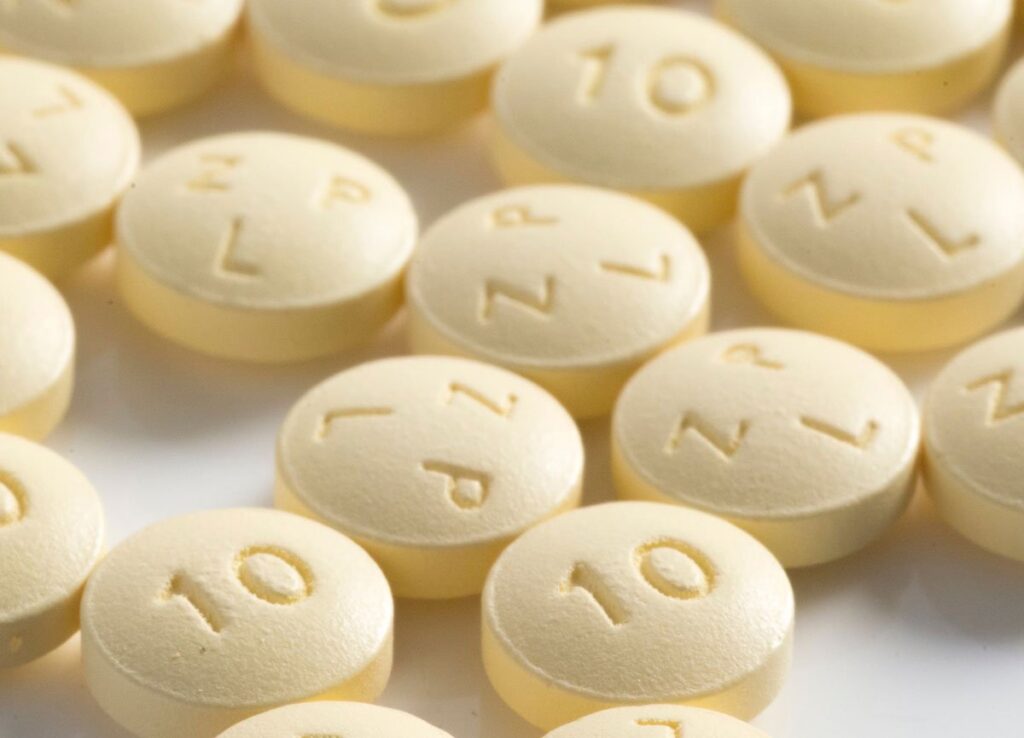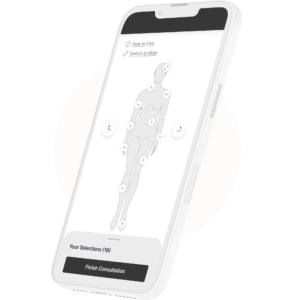
Adolescent and adult acne is both frustrating–and troublesome to treat at times. Without consultation with a board-certified dermatologist, it may be unclear what triggered the flare-ups in the first place. What is known is that many young women, especially in their late teens/early twenties experience sudden hormonal acne outbursts, usually present as painful cystic acne on the lower face and jawline. Hormonal acne will typically form underneath the skin– unlike a whitehead or blackhead, which come and go quite rapidly.
Suppose you are just starting to find painful hormonal acne cysts on your skin. In that case, our physicians will most likely suggest using an at-home regimen (with products specially-formulated for hormonal acne through Skin Type Solutions). However, some patients’ skin may prove to be treatment-resistant to standard topical medications. In this case, Dr. Villacorta may prescribe Spironolactone.
What is Spironolactone?
Spironolactone was initially introduced to the pharmaceutical industry as an oral medication to treat high blood pressure. Patients being treated for high blood pressure had noted the significant impact the drug had on improving their skin’s clarity. Today, the medication is often prescribed off-label to women facing hormonal acne.
Spironolactone blocks androgens (the “male” sex hormone that both men and women possess in varying quantities) from binding to hormone receptors in the skin. When hormones fluctuate and someone is experiencing elevated levels of androgens, their oil glands will secrete more oil– leading to congestion and breakouts. Spironolactone prevents these androgens from binding to hormone receptors, essentially preventing hormonal breakouts before they have the chance to start.
The Process and Timeline While Taking Spironolactone
Like most oral medications, Spironolactone takes several weeks to take effect within the body. Those new to the drug would need 6-8 weeks of consistent use for the medicine to begin working within the body.
Unlike Accutane, Spironolactone will only provide benefits while the patient is actively using it. Long-term use isn’t dangerous; however, it is designed to only treat acne while active. Weaning off of Spironolactone does not mean all of your acne will come back, either. Our physicians will provide personalized post-care and treatment options to maintain blemish-free skin for years to come.
Is Spironolactone For Everyone?
Spironolactone is used in female patients, as males naturally produce more androgens. Spironolactone should not be used by patients ingesting large amounts of potassium found in foods such as coconut water and bananas.
Dr. Villacorta suggests Spironolactone for “Patients who have tried several different routes to clear their hormonal acne with little/no success. I will typically prescribe Spironolactone over Accutane, for female patients who do not respond favorably to Salicylic Acid treatments and Retinoids.”
Are There Any Common Side Effects From Taking Spironolactone?
Side effects will vary from patient to patient. However, overall, the side effects of Spironolactone are mild. Spironolactone is a diuretic and may increase urination urge and frequency.
Some patients may experience mild dizziness, lightheadedness, breast tenderness, and irregular menstruation. “Whenever prescribing Spironolactone to a patient, I typically start with a low dose and moderately increase their dose through if needed,” mentions Dr. Villacorta. “Some patients may respond to the medication best with simultaneous use of birth control pills. It is also important to note that you should not take Spironolactone while pregnant or trying to become pregnant. Sexually active patients may benefit from pairing birth control with the drug.
Spironolactone is an effective short-term solution for women experiencing moderate-severe hormonal acne. This is especially true if you have had trouble finding or sticking to a targeted skincare routine. As always, it is best to consult with your dermatologist (over a friends’ suggestion or pop-culture blog), to understand if using Spironolactone is right for you.
Have you been considering Spironolactone for your hormonal acne? Contact Galt Dermatology to schedule your New Patient Appointment with Dr. Villacorta – one of Fort Lauderdale’s most-sought, trusted, and highest-reviewed Board-Certified dermatologists. For Patient Testimonials, please click the link provided here.


